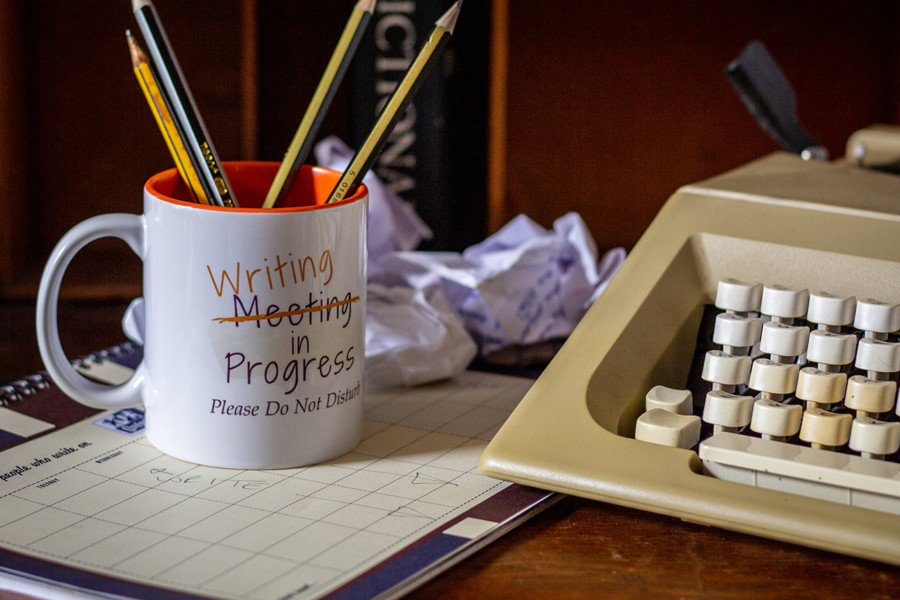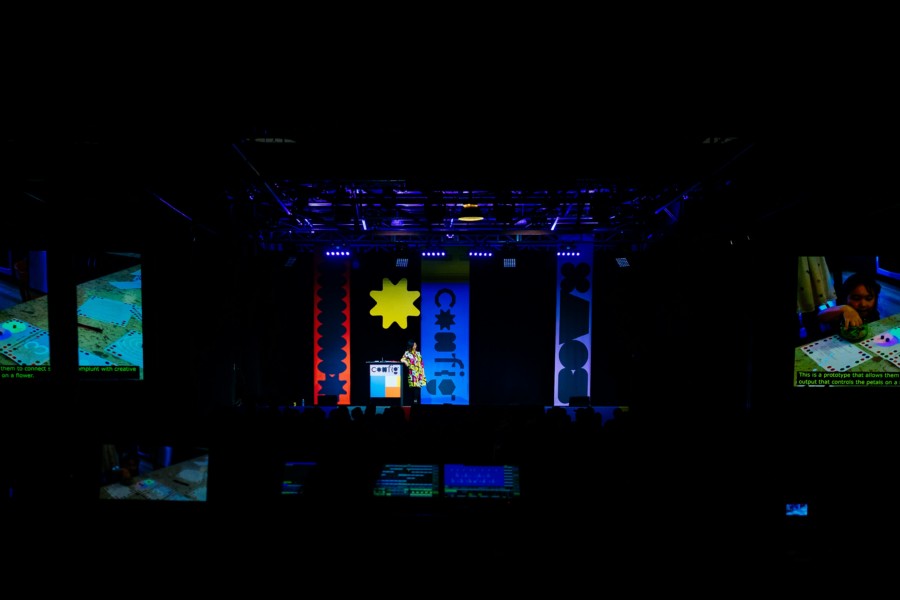Research produces more questions than answers. (Liz Gloyn calls these “academic otters“. Her strategies reflect her position as an early career research in the humanities.) The successful researchers I know have far more questions and projects they could be working on than they could possibly pursue in their lifetimes, even if they had fewer service […]
Read More »collaboration
The goal of your conference paper
Scholarly work is inherently collaborative. Not in the sense that it should all be co-authored, but in the sense that you develop your ideas in conversation with others.
These may be formal conversations. They may take place mostly in writing, even formal types of writing. But you do your best work in conversation.
The reason you give conference papers is to meet people and build relationships.
Read More »Collaboration, co-authoring, and such
If you are in the humanities or some social science disciplines, co-authorship is much less common and may even be frowned upon. Some humanities researchers have been heard to doubt the existence of co-authorship, “Two people cannot hold the pen.”*
If you are in this kind of discipline, writing with others can feel odd. And it raises some interesting issues about how it will be evaluated.
Why co-author? … get more written … share expertise … mentor students
How will peers view it? … separating you from your co-authors … getting collaborative grants
Read More »I don’t like the term “unconference”
Call me an unreformed social constructionist but I think language has power. Calling these really cool new types of conferences things like “unconferences” “camps” and whatever just cedes the definition of “conference” to people whose primary goal seems to be to bore us to death. What is the purpose of the conference? There is plenty […]
Read More »









